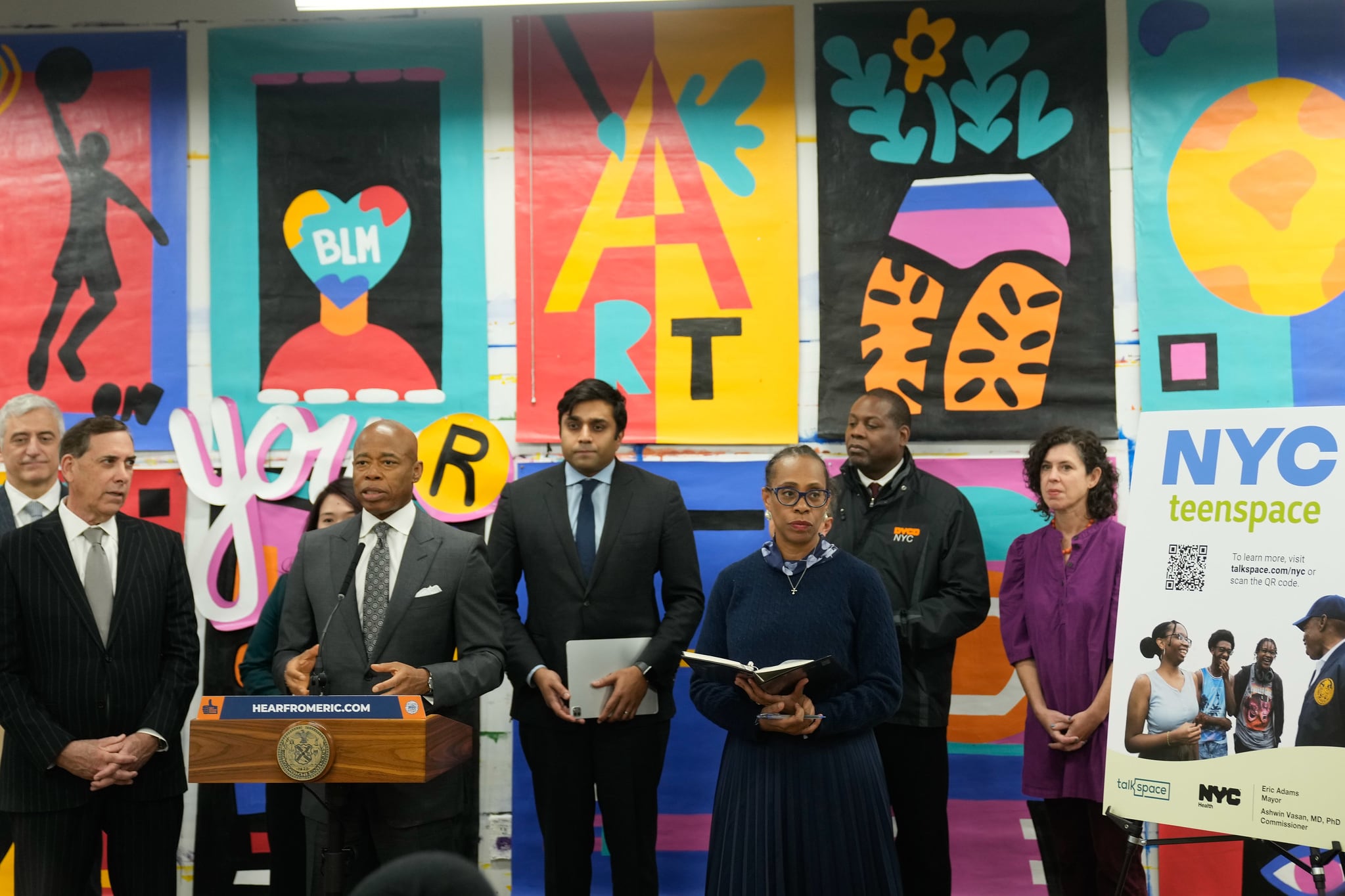Two weeks ago, New York City launched a new effort to address the ongoing youth mental health crisis: free online therapy for city teenagers.
The statistics illustrating the depth of that crisis are sobering. Nationwide, three-quarters of high school students experienced at least one “adverse childhood experience” – traumatic events linked with long-term mental health challenges – during the pandemic. In New York City, 9% of teenagers reported attempting suicide in 2021, according to the city’s Health Department.
As the city’s efforts roll out, we want to better understand the mental health picture for young people, and how it’s affecting schools.
Educators, parents, and especially students: We want to hear directly from you. If you have something to share, please fill out our brief survey – and thank you.






